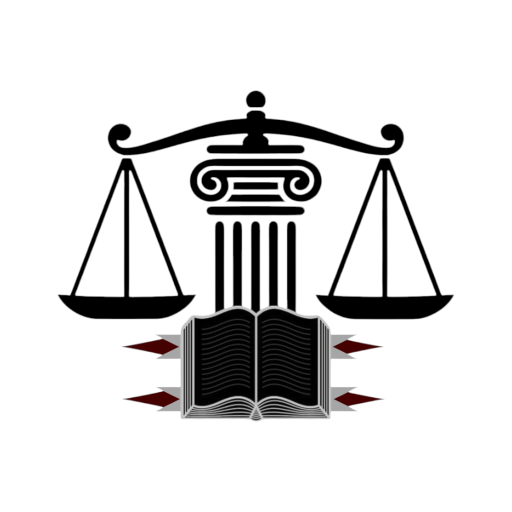1- INRODUCTION :-
Social contract theory as old as philosophy and it is a model that describes the origin of society and the legitimacy of state over the individual. The concept of social contract is that in the beginning men lived in a state of nature. They had neither any government nor any law. That state of nature was described by some as that of hardships and oppression while by some others as that of bliss and joy.
- i) PACTUM UNIONIS:- Men entered into an agreement for the protection of their lives and property and thus society came into existence. They undertook to respect each other and live in peace.
- PACTUM SUBTECTIONIS:- They entered into a second agreement by which the people, who had united together earlier, undertook to obey an authority and surrender the whole, or a part of their freedom and rights and the authority guaranteed every one of them “the protection of life, property and to certain extent liberty”. It was in this way that the government, sovereign or the ruler came into existence.
-
Social Contract Theory:-
Now, we will discuss the social contract theories propounded by contractual philosophers.
- HUGO GROTIUS (1583 to 1645)
Grotius was a famous Dutch Jurist, he used the social contract for two purposes:
- a) Internally:- He used social contract internally for the justification of the absolute duty of obedience of the people to the government.
- b) Internationally:- internationally to create a basis for legally binding and stable relations among the states.
- According to him, once the people transferred their right of government to the ruler then they left (forfeit) the right to control or punish the ruler howsoever bad his government may be.
- Grotius was unsure on the question how far a ruler is bound by the promises made by him to his subjects. He was bound to admit that the ruler was bound by natural law which was valid even without promise. Hugo Grotius was not able to explain this anomaly.
- His main concern was the stability and orderliness of international society.
- THOMAS HOBBS (1588 to 1679)
Hobbs was the author of two famous books, De Cive and The Leviathan. He lived during the days of civil war in England therefore; he gave great importance to state authority which he wanted to be given to an absolute ruler.
- Hobbs acknowledged the authority of natural law but it was not superior to positive law.
- According to Hobbs, Men lived in state of nature where the life of the man was “solitary, poor, nasty, brutish and short”
- And the only thing for which the men were striving to get was self protection and self-preservation.
- Therefore, the people surrendered their individual freedom before an authority because they wanted that authority will use that freedom for the benefit of all.
- And that authority is called “sovereign” and demand obedience from the people.
- Hobbs in his theory, strongly denied the authority of church to interpret the law of God and he gave all powers to a secular sovereign.
- JOHN LOCKE (1632 to 1704)
Locke was the opponent of Hobbes. In place of the theory of absolutism of Hobbes, he gave the theory of the inalienable right of individuals. If Hobbs stood for authority, Locke stood for liberty. John Locke presented his social contract theory after the Glorious Revolution of 1688.
- Therefore, his state of nature was a “Paradise Lost”, it was a state peace, goodwill, mutual assistance and preservation” In that state of nature, men had all the rights which nature could give them.
- According to Locke individual had inborn right to “life, liberty and property”. It means that one man is morally equal to those of others but it was the invention of money which brought in inequality therefore he gave his chief attention to the right of private property.
- As per Locke, men had abandoned “State of Nature” just to preserve their right of property and this theory of social contract was created.
- The theory of Locke was the reaction against absolutism and paved a way to Parliamentary democracy and later on the French and American Revolution was deeply influenced by him.
- D) ROUSSEAU (1712 to 1788)
“Man is born free but everywhere he is in chains”
Rousseau gave his theory of social contract in his two books namely, The Social Contract and Emile.
- According to him, the state of nature was extremely beautiful, pleasant and peaceful and happy (Idyllic felicity).
- The state of nature was not, as with Hobbs, a state of war. The noble savage was in a state of Paradise before entrance of the Serpent but the serpent did come in the shape of property when a desire to have family and a fixity of abode, in place of a wandering life.
- Desire for private property created a sense of jealousy and struggle and that gave rise to inequality and life became intolerable.
- There were wars and murders everywhere.
- Now, there was need to solve all the problems of the community, therefore, social contract theory was given by the Rousseau and as per social contract, everyone surrendered to the community all his rights and that community became sovereign.
- According to Rousseau, the state and law was emerged as a result of “General Will” of the people.
- Any law which was not conformed to the General Will would be discarded.
- People were sovereign because their “General Will” gave rise to the state.
